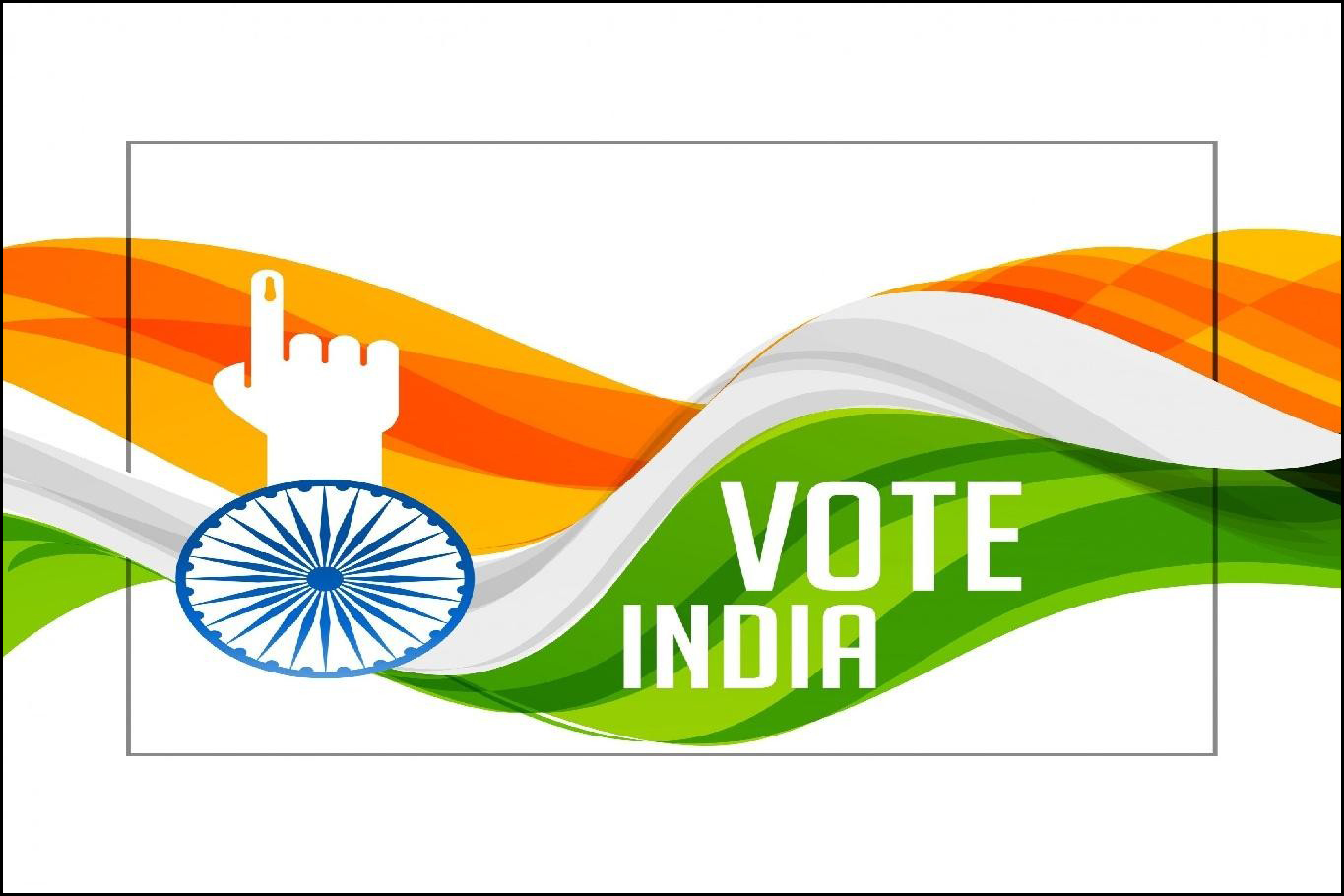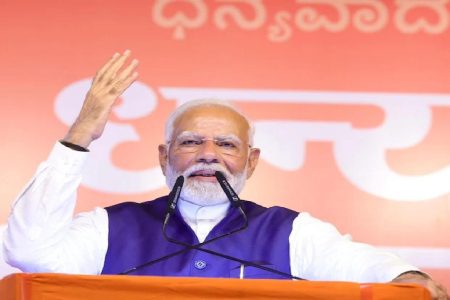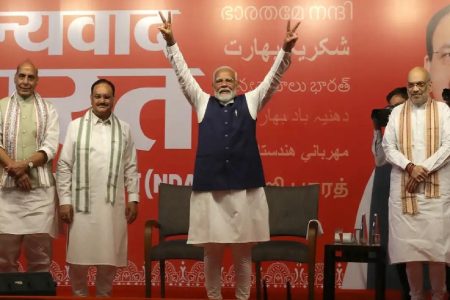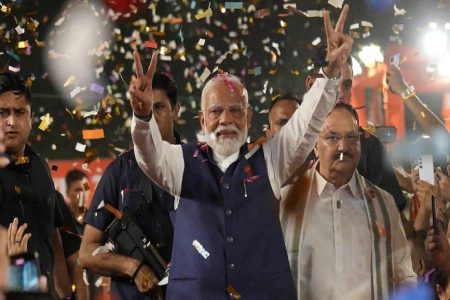
India’s general election, involving nearly one billion voters, is not just the largest democratic exercise in history but also potentially the most expensive. Projections indicate that spending could reach 1.35 trillion rupees ($16 billion), surpassing previous records and even eclipsing America’s costly 2020 presidential election. The substantial expenditures by Indian political parties raise questions about the reasons behind such massive outlays.
While the sheer size of the electorate contributes to the high costs, it doesn’t fully explain the exponential increase in election spending over the past two decades, outpacing population growth significantly. Another significant factor is the large number of candidates competing in each constituency, with contests often featuring numerous contenders, leading to intense and expensive campaigning efforts.
According to estimates, a significant portion of party and candidate spending is allocated to advertisements, wages for party workers, transportation, and increasingly, digital marketing. With India’s economic growth and more people accessing the internet, the digital realm has become a crucial battleground for political messaging.
Additionally, substantial amounts are spent on incentivizing voters through gifts, ranging from alcohol to cash bribes, although these expenditures are not disclosed. Despite efforts by the Election Commission to curb illegal practices and ensure fair play, the prevalence of vote-buying remains a challenge, with candidates often feeling compelled to distribute gifts to voters.
The lavish spending on campaigns also impacts the composition of elected representatives, favoring wealthy candidates with potential criminal backgrounds. Data reveals that successful candidates tend to have significantly higher wealth compared to their competitors, and a notable percentage have pending criminal cases against them.
Similar issues plague other developing democracies, where cash-for-votes practices are common. India has attempted reforms, such as the electoral bonds scheme, aimed at curbing the influence of illicit money in politics, but effectiveness remains a concern. With the ruling party leading in election spending and little impetus for comprehensive reform, the relationship between money and politics continues to be a contentious issue in India’s electoral landscape.









